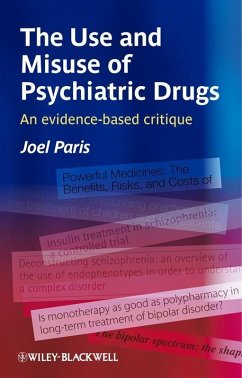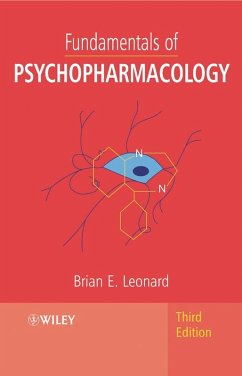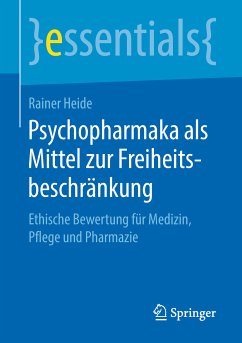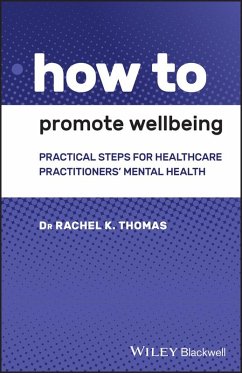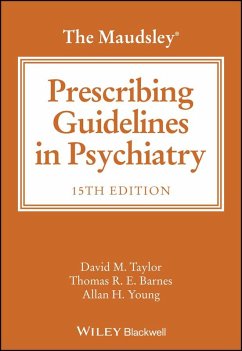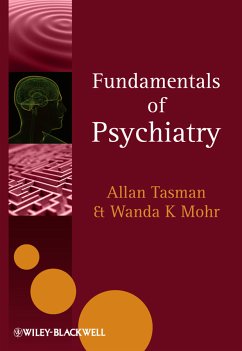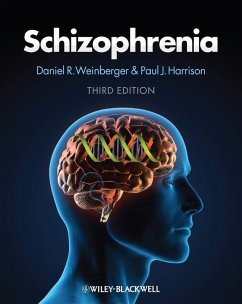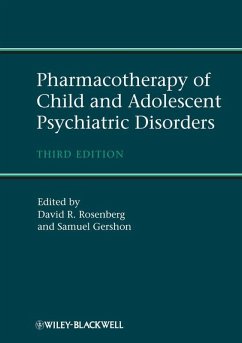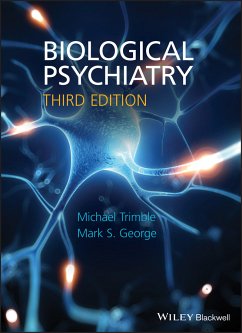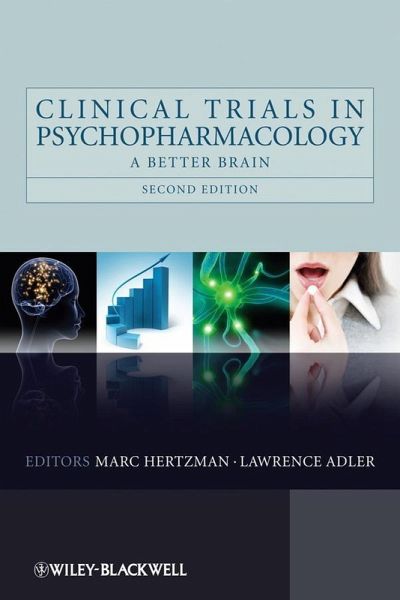
Clinical Trials in Psychopharmacology (eBook, PDF)
A Better Brain
Redaktion: Hertzman, Marc; Adler, Lawrence
Versandkostenfrei!
Sofort per Download lieferbar
87,99 €
inkl. MwSt.
Weitere Ausgaben:

PAYBACK Punkte
0 °P sammeln!
Although clinical trials were virtually unheard of in psychiatry for many years, they are now the gold standard for judging whether drugs are safe and useful. But should they be? What is the true status of clinical trials? Even when they ostensibly demonstrate a benefit of a certain treatment, the strict patient selection criteria, poor compliance and high drop-out rate leave the conclusions open to question. Are the new treatments really better or more cost-effective than the old? Do they have fewer side effects? In this book the authors take a critical look at recent developments and present...
Although clinical trials were virtually unheard of in psychiatry for many years, they are now the gold standard for judging whether drugs are safe and useful. But should they be? What is the true status of clinical trials? Even when they ostensibly demonstrate a benefit of a certain treatment, the strict patient selection criteria, poor compliance and high drop-out rate leave the conclusions open to question. Are the new treatments really better or more cost-effective than the old? Do they have fewer side effects? In this book the authors take a critical look at recent developments and present a series of trenchant and challenging observations. Section I examines the significant changes in law and the regulatory environment that have occurred during the past ten years. Has fossilization handicapped the US Food and Drug Administration in promoting treatment advances? How can the plethora of findings be regulated? This is particularly pertinent in genomic studies and there are two chapters addressing the impact of genomics on psychiatric research. This section also addresses the role of women in drug trials - a group long excluded but now demanding a part, for without testing how can optimal treatments be devised? The next two Sections highlight clinical trials in the major areas of psychiatric pharmacological treatment, including Mood Disorders, especially Bipolar, Anxiety Disorders, and addictions. Chapters on pharmacological treatments for Eating Disorders, Attention Deficit Disorder, Autism and Asperger's Syndrome, and Impulse Control Disorder represent the latest thinking on these subjects. The final Section contains a consummate example of out-of-the [Western]- box thinking, namely consideration of herbal medicines - used by a large number of patients, with or without medical supervision. We conclude with a close look at the problem of side effects, then selected thoughts about methodology. Clearly written, the text provides immediate access to new developments across the spectrum of drug testing. Clinical Trials in Psychopharmacology: A Better Brain is provocative reading for psychiatrists, pharmacologists and all those interested in improved drug treatments for patients with mental illness. * Raises questions about the conduct of trials and the credibility of their outcomes that are relevant not just in psychiatry but all areas of medicine * Discusses the ethical problems in assessing outcomes in humans, including children
Dieser Download kann aus rechtlichen Gründen nur mit Rechnungsadresse in D ausgeliefert werden.



